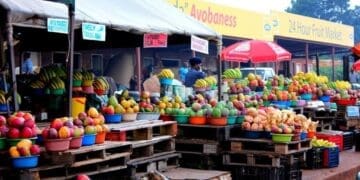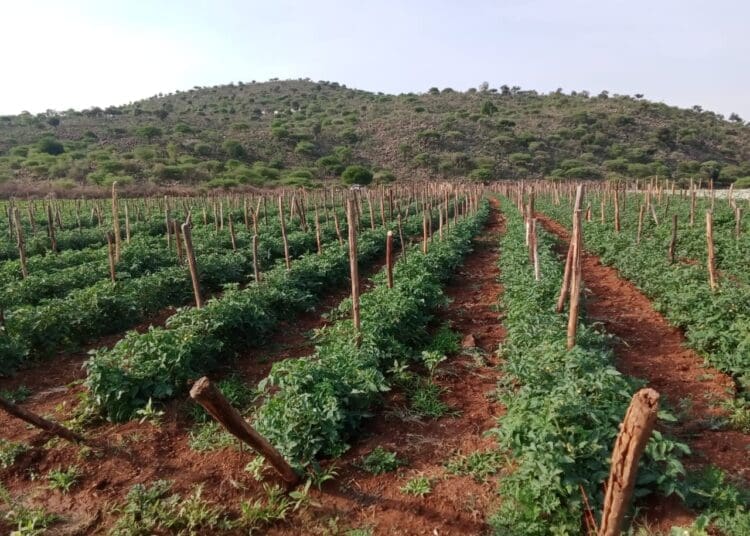Agritourism is fast emerging as one of South Africa’s most promising avenues for rural development, job creation, and inclusive economic growth. Yet, experts say its full potential remains largely untapped, especially in provinces with rich agricultural landscapes and cultural heritage.
According to market research by Bonafide Research, South Africa’s agritourism market is projected to grow by about 9.8% annually between 2024 and 2029, driven by travellers’ increasing demand for authentic, nature-based experiences.
Tourism entrepreneurs and farmers are now diversifying their income by transforming farmlands into destinations where visitors can experience farming, food production, and rural culture firsthand.
Itumeleng Seleke, CEO and operations manager of Nomusa BNB (Pty) Ltd in Richards Bay told Vutivi Business News that agritourism has become a key part of her business model.
The establishment, in partnership with Ithuba, Agribusiness, launched the One BnB One Garden initiative, which encourages hospitality businesses to integrate crop production into their offerings.
“By incorporating agritourism, we have strengthened ties with local farmers, trained youth through workshops, and reduced costs by serving organic produce to guests,” Seleke said. “It is also a way to preserve our agricultural heritage while boosting local tourism.”
Ithuba Agribusiness founder and CEO Thabani Ngubane said agritourism aligns with his organisation’s goal of empowering youth and women through agriculture.
“We are helping small businesses merge farming with tourism by offering practical training and community development programmes,” he said. “This promotes food innovation, environmental sustainability, and job creation in rural areas.”
In KwaZulu-Natal’s uMsinga area, Mhlabunzima Zulu, founder and CEO of MV Zulu Farming and Projects, believes that agritourism could unlock opportunities for lesser-known destinations.
His farm nestles near a flowing river surrounded by grassy and stony mountains, a setting he describes as a natural attraction waiting to be explored.
“I feel very positive about opening my farm to visitors,” he said. “The challenge is that UMsinga is not widely marketed as a tourist destination. Partnering with tour operators to include the area in their packages could boost local tourism and help other small businesses in the area.”
Meanwhile, in urban spaces like Soweto, agritourism is taking on a modern twist. Ngcebo Zungu, founder of Embheka Agritourism, said his farm in Orlando West benefits from proximity to major attractions such as Vilakazi Street and Mandela House.
“Visitors come to learn about biodiversity and sustainable farming,” he said. “Working with tourism agencies and local sponsors would help us reach even more people.”
According to the South African Agritourism Association, agritourism not only offers diversification opportunities for farmers but also serves as a vehicle to promote rural development by connecting agriculture with tourism and community participation.
With rising demand for sustainable and authentic travel, agritourism offers South Africa a chance to link tourism diversification with rural economic empowerment. However, SMEs say more support is needed, particularly in marketing, infrastructure, and capacity building to unlock the sector’s full potential.
























































